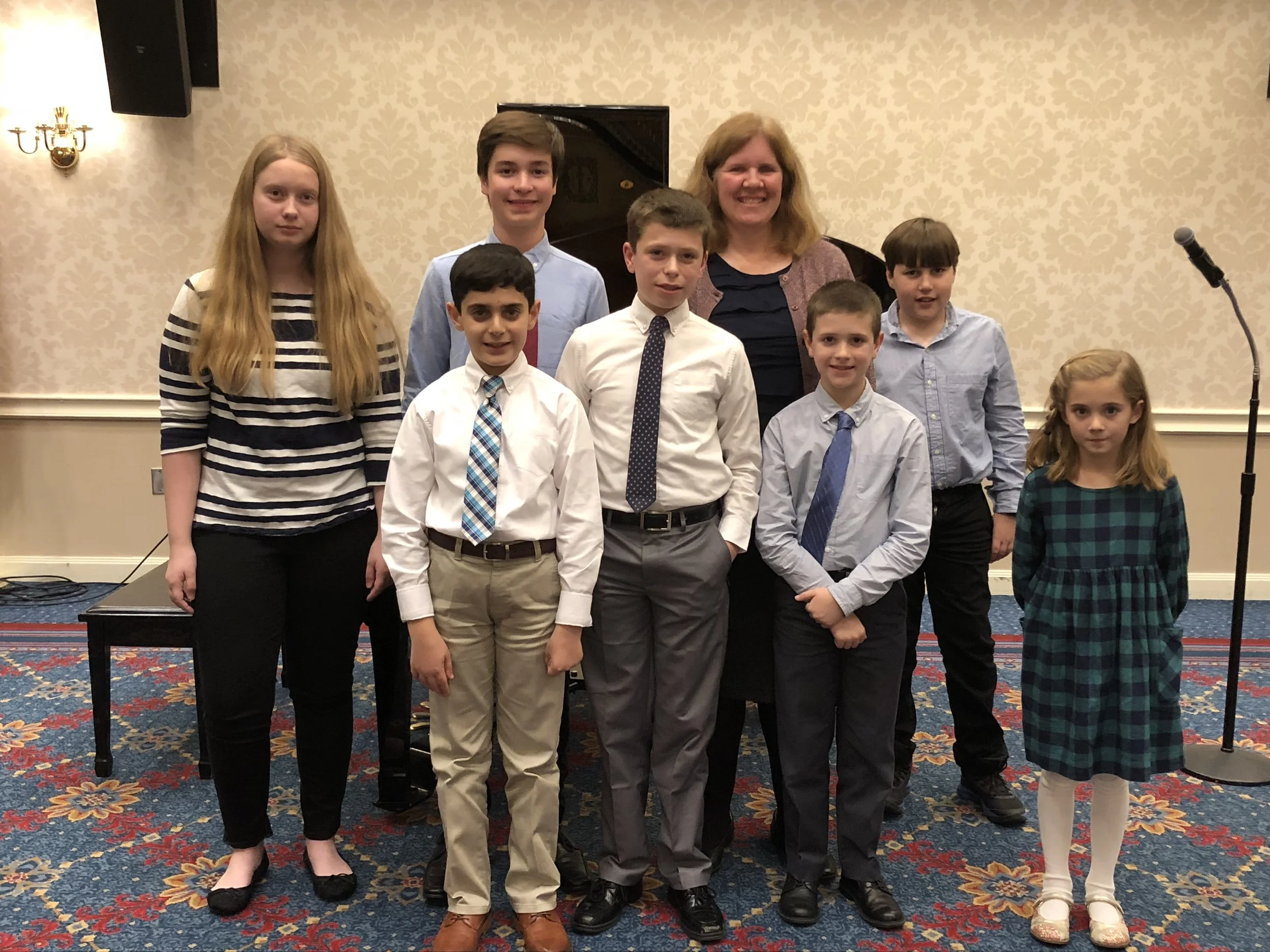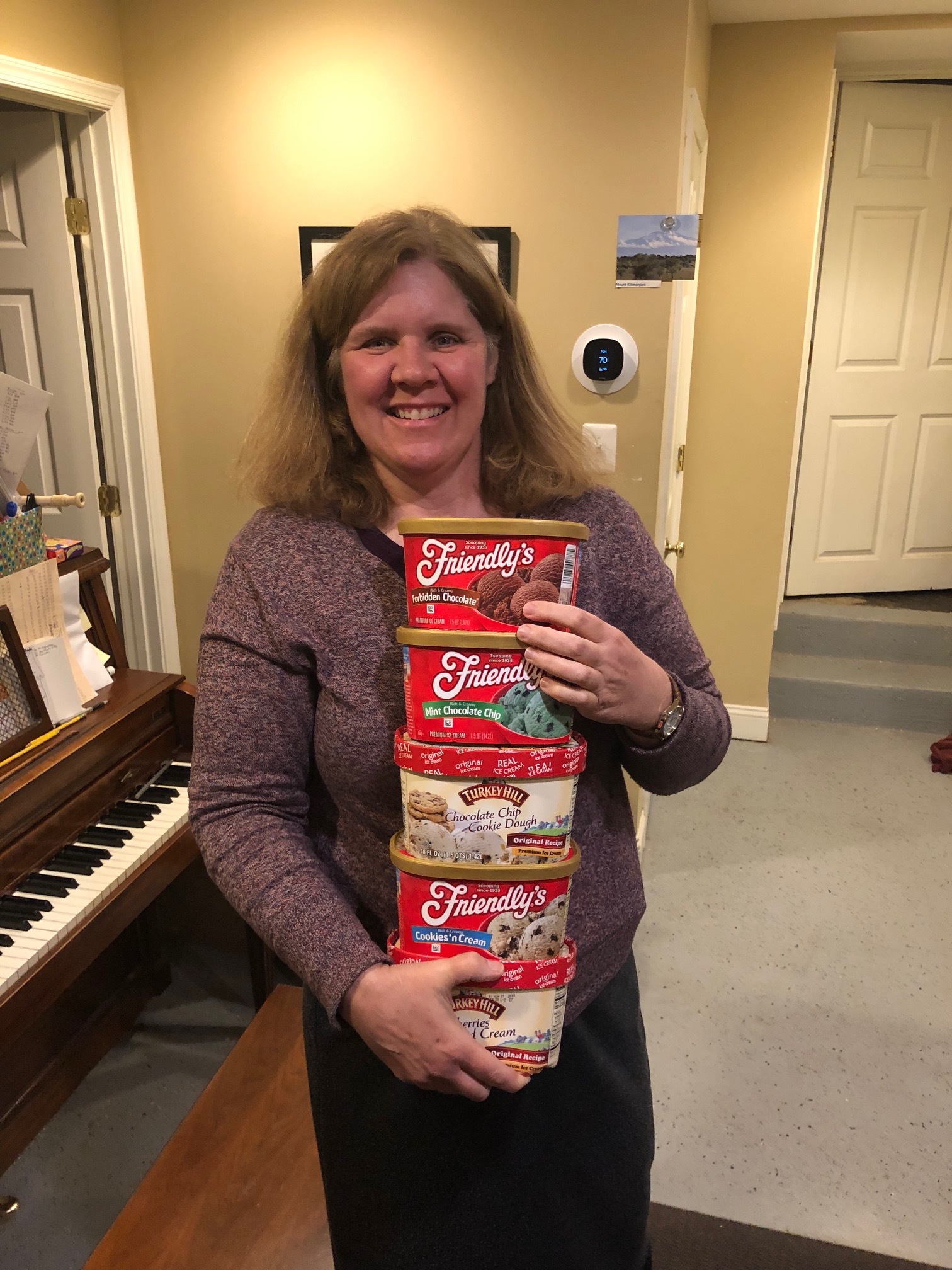At the start of a new year, I like to think about new goals. Here are some of mine:
Musically:
I’m going to try to new method book for young beginners ages 5-7. I’m excited about the new approach, the well-planned games, new music and working with a small group of children. It is called WunderKeys and I think it has a lot of potential. I worked with a small group of children during the fall of 2018 to explore what I thought about a group approach. Each day, I came away invigorated and happy. I loved seeing the smiles on the children’s faces when they made music together and when they understood the musical concepts. I will do more of these group classes during Winter and Spring Terms this year. If you have friends with young children, please pass this news along.
I plan to improve my organ skills. I joined a facebook group for church organists and choir directors recently and asked them what pieces they would recommend for someone like me. I received some great recommendations tailored to my skill level. I’m quite excited about it.
I would like to tap into the resources on IMSLP more this year. This is a website that collects scanned music that is no longer under copyright law and is available to the public. It is a vast treasure-trove!
I want to inspire my students to work hard, to love their music, to be more expressive, and to share their talents with others.
Personal:
Continue exercising and using MyFitnessPal. I love the wind on my face when I ride my bike (do you all know about the Arlington Loop?). I love being able to backpack and hike. I know that taking care of myself makes these things possible.
I have a great interest in Spanish and have been working conscientiously and daily for about 4 years to improve my language abilities. So, this year, I would like to continue my tradition of reading a book in Spanish, expand the topics I can discuss, and take more opportunities to talk with the Spanish speakers in our community.
Parents, please chat with your children and make some goals for the new year. Maybe you could choose from the following suggestions:
Decide on a time you can practice consistently at least 5 days a week. Write this on a calendar that you use or put a sign on the piano.
Increase the amount of time you practice by a little bit. (You should be practicing at least the length of your lesson each day——practicing more will yield more progress! )
Go to a concert at the Kennedy Center (or somewhere else) where a pianist is performing. (You can get discounts through Goldstar)
Prepare a few pieces and perform them for grandparents in person or via facetime or skype
Write a composition if you haven’t done it before. There is a composition contest coming up with a registration deadline of March 7, 2019.
Learn a Sonata or a sonatina
Learn a duet with a friend
Help a sibling or friend learn something about the piano (beginner: black keys vs white keys, or a basic rhythm, intermediate: teach them a chord or a scale, advanced: teach some music theory such as circle of 5ths or key signatures)
Accompany a friend who plays a different instrument (violin, cello, flute, clarinet for example).
Practice 3 hours more than you usually practice for 1 week and see what a difference it will make in your lesson.



































